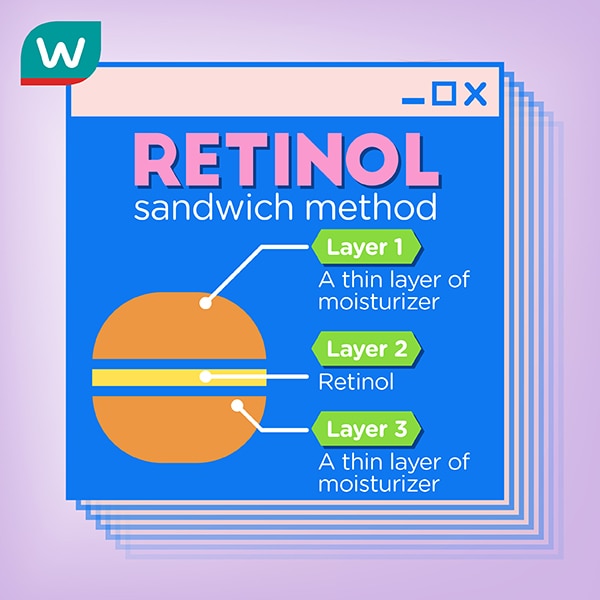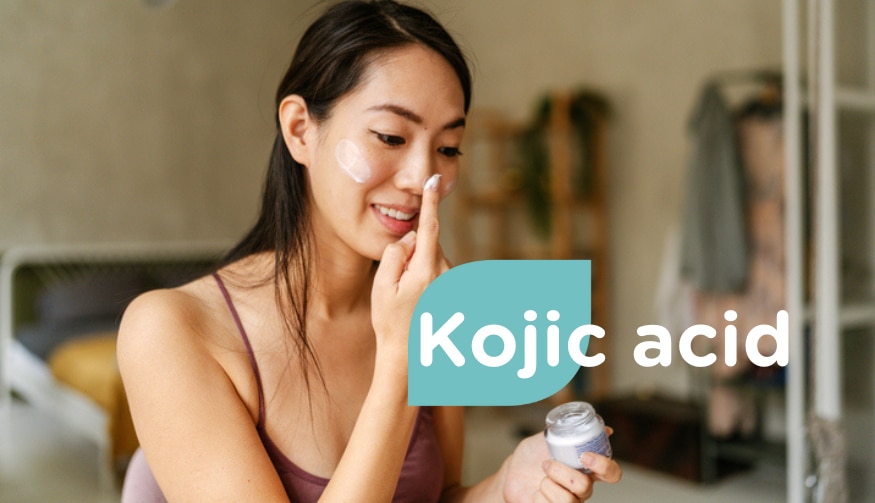The right way to cocktail skincare active ingredients? Look no further and scroll to learn how to pair active ingredients like vitamin A (Retinol) and vitamin C up in your daily skincare regimen. Retinol and vitamin C can be powerful ingredients when used correctly and in the right concentrations. However, it’s important to use these skincare actives carefully and consult with a skincare professional if you have any concerns or questions.
What is Vitamin A (Retinol) and how does it work?
The most popular version of vitamin A found in over-the-counter products is called retinol. It is a derivative of vitamin A that can help stimulate collagen production and trigger cell turnover. This potent anti-aging ingredient is widely used in anti-ageing products to improve the appearance of the skin and address a variety of skin concerns such as acne, fine lines, wrinkles, and dark spots.
Vitamin A can potentially be too irritating for those with sensitive skin. Here are some ways to make it work better without irritation.

What is Vitamin C and how does it work?
Vitamin C is a powerful antioxidant that can help protect the skin from free radical damage caused by environmental aggressors and supports collagen synthesis when applied topically to the skin. It also inhibits the production of melanin, which can help to reduce the appearance of dark spots and hyperpigmentation.

Can I use Retinol and Vitamin C together?
It’s all about timing when it comes to incorporating vitamin C and retinol into your skincare routine. Simply put, vitamin C is best used in the morning and retinol is best used at night. Be sure to use them correctly and carefully, as they can also cause side effects if not used properly.
A.M.: Vitamin C
In the morning, start by applying your vitamin C serum to freshly cleansed and damp skin, and then follow up with a moisturizer that suits your skin type. It’s important to note that vitamin C can make the skin more sensitive to the sun’s ray, so it’s essential to finish with a sunscreen of SPF 30 or higher to protect your skin from damaging UV rays.
P.M.: Retinol
At night, apply your retinol to clean, damp skin. If you have dry skin, you can layer it with a hyaluronic acid serum or a hydrating moisturizer. The “retinol sandwich” method indicated below involves making a “sandwich” on your skin using a moisturizer (the bread) and retinol (the meat) and following this trending method technically can help minimize irritation from the active ingredient.














